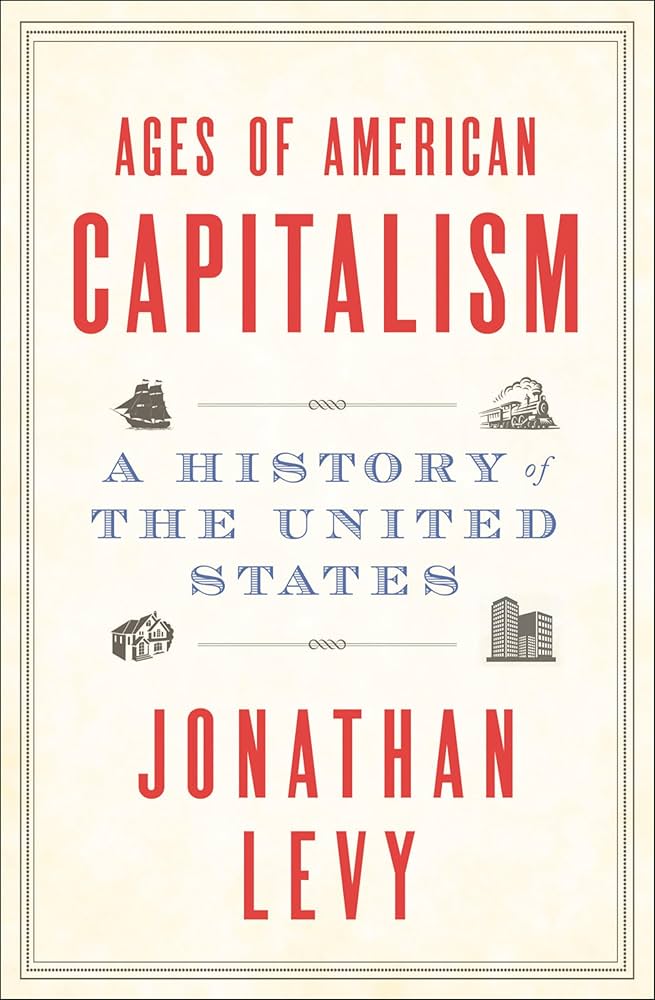The start of Joe Biden’s presidency has prompted an unlikely reassessment of the direction of American capitalism. Announcing a “paradigm shift” away from a policy regime that for decades has ruthlessly favored the very wealthy, Biden has invoked the New Deal to capture his vision for activist government. Alongside the expansion of the welfare state, he has promised an ambitious developmental agenda that links together infrastructure, industrial policy, and an energy transition to fight climate change. Though Biden’s resolve to execute his vision remains untested, the prospects for aggressive state intervention now seem far greater than during the Great Recession, when austerity quickly became a transatlantic phenomenon.
The most salient difference between then and now is that Biden has identified long-term investment as critical to the very preservation of democracy. Breaking from the neoliberal economists who held sway over Democratic policymaking for a generation, Biden’s vision is also a quiet disavowal of Hillary Clinton’s boast three years ago that, despite losing the 2016 presidential election to Donald Trump, she “won the places that represent two-thirds of America’s gross domestic product”—the parts of the country “that are optimistic, diverse, dynamic, moving forward.” The pandemic has only further illustrated how even the country’s most prosperous cities, once the drivers of growth in the age of globalization, are in acute need of state-led projects and egalitarian distribution.
A central question for this new era of U.S. political economy is how exactly government can induce capital to work on behalf of public welfare. If capital is predisposed to liquidity, how do political agents steer it toward investment? In his prodigious new book Ages of American Capitalism: A History of the United States, economic historian Jonathan Levy illustrates the historical conditions under which just such direction has been possible, arguing that the long arcs of transformative development in U.S. history have never spontaneously arisen from the market. “What separates the ages of American capitalism . . . are not strictly economic variables but rather political initiatives,” Levy writes. He shows how statesmen have always steered the course of U.S. capitalism, with stark implications for inequality, social mobility, ideas of citizenship, and popular views of the responsibilities of government and business.
